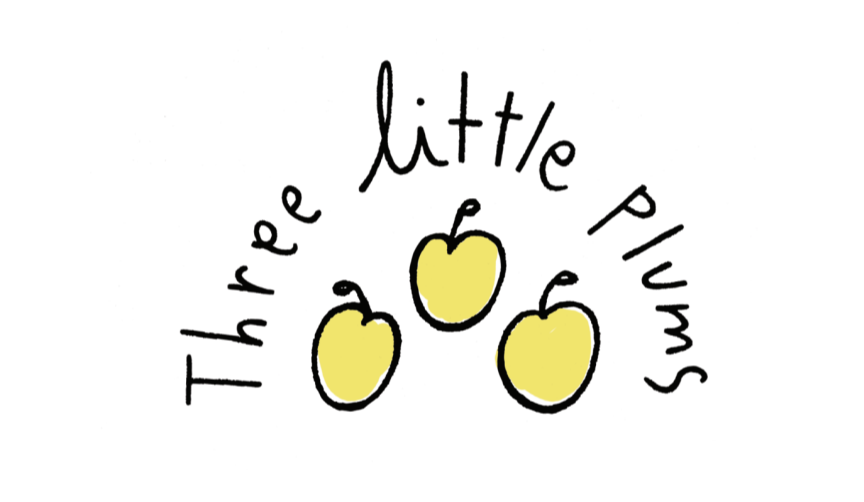Can we eat fish without harming our health & the Planet?
Can eating less fish - or no fish- actually be healthier for your family and for the planet?
Hold on, hear me out…..
Seaspiracy a new documentary that can be seen on Netflix, seems to think so but not without tons of both support & criticism . The film is thought provoking and has at the very least opened the eyes of many (me included) to just how damaging many members of the fishing industry are on the health and survival of fish and our oceans…. and ultimately our own survival
For a while now, before watching this documentary, I had come to the realization that we need to be eating less fish for our own health- a HUGE departure from what I always believed was true. Now, I am realizing that it might also be important for the health of the planet.
Here is what I have learned (as always, take what you want and leave what does not work for you!) Sadly, fish today and the fishing industry today are not what they were 20 years ago:
1. Toxins:
- A lot of the fish we eat today is a source of exposure to different toxins.
methylmercury, PCBs, flame retardants and micro plastics are all commonly found in many fish we eat including tuna, marlin, scallops, salmon, striped bass, lake trout, mussels
What can we do? reducing your diet intake of fish could lower your intake of toxins (ultimately this will depend on what you are eating in lieu of fish. Ideally a more vegetarian based diet would be ideal).
2. Many international industrial fishing operations (which brings fish to most of our supermarkets and plates) are major contributors to ocean plastics and, thus, the microplastics we are ingesting when eating seafood.
we all know plastic and micro plastics are taking over the ocean (and our air and food supply too) in fact it is estimated that by the year 2050 there will be more plastic in the ocean than fish.
YEs, part of the problem are consumer plastic products (everything from straws, to single use utensils, personal care product containers, toys and more). By using less plastic around the house we can help fight this pollution source
HOWEVER: nearly 50% of plastic in the Great Pacific Garbage Patch area are actually fishing nets that come from the fishing industry (ocean wide it makes up about 10%)
An estimated 640,000 tonnes of this fishing gear enters the ocean every year… and stays there
What can we do about trash left behind by the global fishing industry? If we all eat less fish the industry will arguably have less nets being used and less will be discarded.
3. (some) fish on the verge of extinction?
what happens out on the ocean during fishing is out of site and so usually out of mind for consumers ….. but its often pretty ugly.
industrial fishing, is driving many wildlife populations and ecosystems around the world towards collapse
IN THE LAST TWO DECADES
Fishing has wiped out 90% of the world’s large fish (today only 4% of thePacific Bluefin Tuna remain and shark species like Thresher, Bull and Hammerhead have lost pu to 80-99% of their population)
2.7 TRILLION FISH ARE CAUGHT EVERY YEAR, OR UP TO 5 MILLION CAUGHT EVERY MINUTE
Approx. 300,000 dolphins, whales, and porpoises are killed by fishing operations every year (800 whales, dolphins or porpoises each day,) - this is due to Bycatch a term given to the accidental capture of marine life in fishing gear. they are caught and killed ‘by mistake’ usually by huge mile long nets aimed at fishing other fish
Fishing kills up to 30,000 sharks EVERY HOUR
Why is this all important?
THE OCEANS ARE HOME FOR UP TO 80% OF ALL LIFE ON EARTH. Under the sea everything has a place and purpose. If you loose one species there is a ripple effect that will affect the entire ocean.
The ocean actually helps life above water too. This is how:
per acre, marine plants can store up to 20 x more carbon than forest on land
Micro-organisms in the ocean called phytoplankton absorb four times more CO2 than the Amazon
UP TO 85% OF THE WORLDS OXYGEN COMES FROM PHYTOPLANKTON
Whales help fertilize these phytoplankton
Only 5% of the ocean are mare marine protected areas… but of these 5% 90% still allows fishing to take place… so not really protected
So what should we do? Should we all stop eating all fish?
The answer is : I am not sure. This is definitely an oversimplification of a very large problem BUT considering the toxins increasing in some fish and the environmental impact industrial fishing is having on our planet, I do encourage you to:
watch the film and do more research about their claims. I know there are some communities that do practice sustainable catching methods… but its important to know that these are increasingly rare and hard to source…take the time to look for them
toxins in fish are not addressed in the documentary and- for me- are a reason to at least decrease consumption
KNOW THE SOURCE: when possible, just like you might do with your organic produce or your meat products, knowing the source of your food is more important than ever. Avoid fish being caught by large industrial fisheries is important. According to one report 1/3 of fish that came from: China, Indonesia, Vietnam, Thailand, Philipenes, India and Mexico are illegal or unreported catches… and so less likely to follow sustainability practices. Instead, support locally harvested seafood by sustainable fishermen.
sources:
https://www.sciencedirect.com/science/article/pii/S0308597X14000918
https://www.nature.com/articles/nature01610
https://iwc.int/bycatch
https://www.sciencedirect.com/science/article/abs/pii/S0308597X13000055
https://storage.googleapis.com/planet4-international-stateless/2019/11/8f290a4f-ghostgearfishingreport2019_greenpeace.pdf

